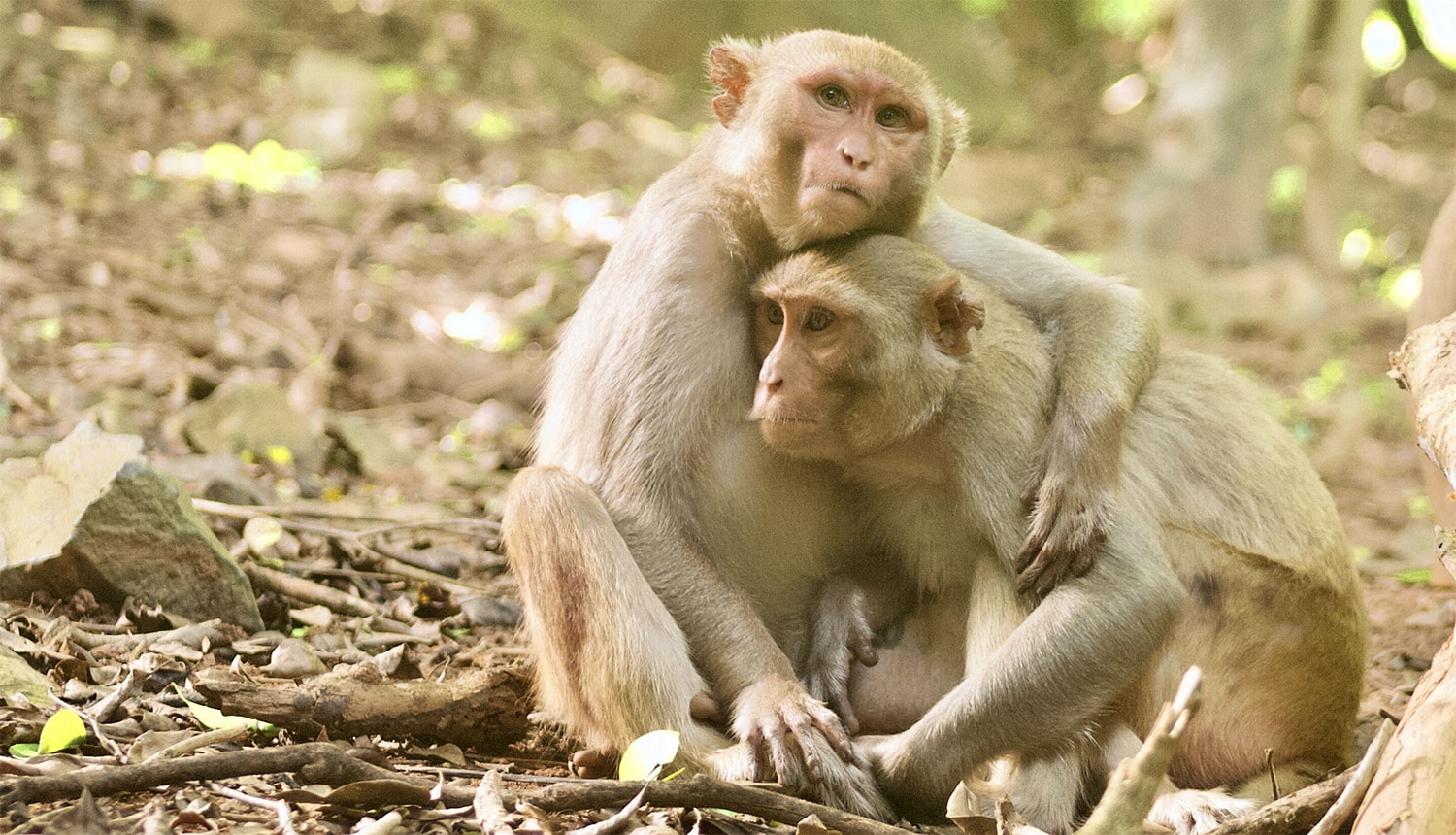
28 interesting facts about macaques
- 👁️ 285
Macaques are among the most adaptable and interesting primates, thriving in diverse environments across Asia, North Africa, and Gibraltar. Known for their robust social structures and intriguing behaviors, macaques have been a subject of fascination for both researchers and the general public. These intelligent animals play significant roles in their ecosystems and have developed unique ways to interact with their habitat and human populations. With their expressive faces and complex social dynamics, macaques offer endless opportunities for observation and study. Here are 28 interesting and informative facts about macaques that highlight their diversity, intelligence, and the challenges they face.
- Macaques belong to the genus Macaca, which includes over 20 species.
- They have a broad range of habitats, from tropical rainforests to snowy mountains.
- The Barbary macaque is Europe’s only wild monkey, found in the Gibraltar area.
- Macaques have cheek pouches to store food while foraging.
- Some species, like the Japanese macaque, are known for their hot spring bathing behavior.
- Macaques play important roles in seed dispersal, aiding in forest regeneration.
- They have a varied diet, including fruits, leaves, insects, and small animals.
- The rhesus macaque was the first primate astronaut, flying to space in 1948.
- Macaque societies are matriarchal, with females generally staying in their birth groups for life.
- Grooming plays a crucial role in macaque social life, used for bonding and conflict resolution.
- Long-tailed macaques are known to use tools, such as stones to crack open nuts.
- The lifespan of a macaque in the wild can range from 20 to 30 years, depending on the species.
- Macaques have complex facial expressions and vocalizations for communication.
- They can swim and are often found near water sources.
- The Tonkean macaque is known for its peaceful conflict resolution strategies.
- Some macaque species are considered sacred in Hinduism and Buddhism.
- Macaques have been involved in significant scientific research, including HIV/AIDS studies.
- They exhibit a wide range of reproductive strategies, from seasonal breeding to year-round.
- Urbanization poses significant threats to macaque habitats, leading to conflicts with humans.
- The snow monkey or Japanese macaque is famous for living in colder climates than any other primate, except humans.
- Female macaques often give birth to a single offspring after a gestation period of about five to six months.
- Macaques have been observed showing altruistic behavior, such as adopting orphans.
- Their population dynamics are closely monitored due to their interactions with human environments.
- The Lion-tailed macaque is one of the rarest and most threatened macaque species.
- Macaques are known to exhibit learned behaviors, such as washing food before eating.
- Illegal pet trade and use in traditional medicine threaten some macaque species.
- They are capable of facial mimicry, a rare trait in non-human primates.
- Conservation efforts for macaques include habitat protection, research, and education programs to reduce human-macaque conflicts.
Macaques are a testament to the adaptability and complexity of primates, showcasing remarkable intelligence and social structures. Their wide distribution and varied habitats highlight their ability to thrive in changing environments, although they face increasing threats from human activity. The fascinating behaviors, from tool use to thermal regulation practices like hot spring bathing, underscore the intelligence of these primates and their importance to biodiversity and cultural heritage. As we continue to learn from and about macaques, it becomes increasingly clear that conserving their populations and habitats is crucial for maintaining the delicate balance of ecosystems where they play key roles.
Macaques are among the most adaptable and interesting primates, thriving in diverse environments across Asia, North Africa, and Gibraltar. Known for their robust social structures and intriguing behaviors, macaques have been a subject of fascination for both researchers and the general public. These intelligent animals play significant roles in their…